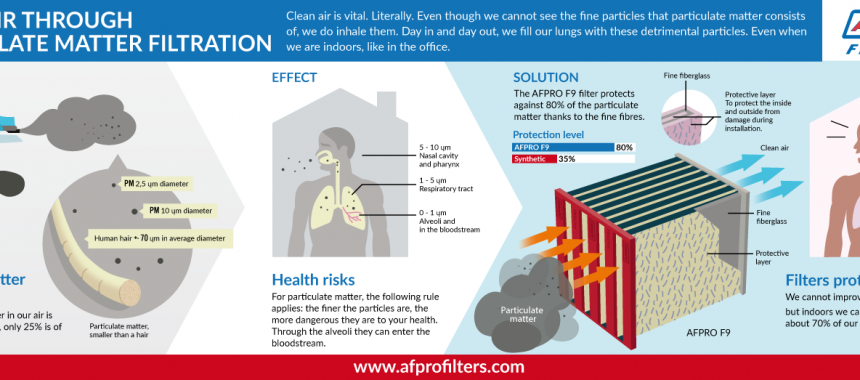The Future Of Home Home Heating - Just How Heatpump Technology Is Developing
The Future Of Home Home Heating - Just How Heatpump Technology Is Developing
Blog Article
Material By-Skaaning Kaae
Heat pumps will certainly be a vital technology for decarbonising home heating. In a scenario regular with governments' revealed power and climate dedications, their international ability doubles by 2030, while their share in home heating rises to one-quarter.
They function best in well-insulated homes and rely upon electrical energy, which can be provided from an eco-friendly power grid. Technological advancements are making them a lot more effective, smarter and more affordable.
Fuel Cells
Heatpump use a compressor, cooling agent, coils and followers to relocate the air and warmth in homes and devices. They can be powered by solar energy or electricity from the grid. They have actually been obtaining appeal as a result of their inexpensive, peaceful procedure and the ability to produce electrical power during peak power need.
Some companies, like IdaTech and BG MicroGen, are dealing with fuel cells for home heating. These microgenerators can change a gas boiler and create a few of a residence's electrical requirements with a connection to the electrical power grid for the rest.
However there are reasons to be doubtful of using hydrogen for home heating, Rosenow claims. It would be pricey and ineffective contrasted to various other technologies, and it would certainly include in carbon discharges.
Smart and Connected Technologies
Smart home modern technology permits house owners to connect and control their devices from another location with making use of mobile phone apps. For example, wise thermostats can learn your heating choices and immediately adjust to optimize power consumption. Smart illumination systems can be regulated with voice commands and immediately switch off lights when you leave the area, minimizing power waste. And wise plugs can monitor and manage your electrical usage, permitting you to determine and restrict energy-hungry appliances.
The tech-savvy family depicted in Carina's meeting is a great illustration of how owners reconfigure room heating techniques in the light of new wise home innovations. They count on the devices' automatic attributes to carry out day-to-day changes and concern them as a practical ways of conducting their home heating practices. Thus, they see no factor to adapt their practices further in order to make it possible for adaptability in their home power demand, and interventions focusing on doing so may encounter resistance from these houses.
Electricity
Because heating up homes represent 13% people discharges, a button to cleaner choices could make a huge difference. However nz heat pumps faces difficulties: It's expensive and calls for extensive home remodellings. And https://www.rvtravel.com/jeepdestroyed992/ 's not constantly suitable with renewable energy resources, such as solar and wind.
Till just recently, electrical heatpump were as well pricey to compete with gas models in a lot of markets. However brand-new developments in style and products are making them extra budget-friendly. And much better cool environment performance is allowing them to operate well also in subzero temperatures.
The following action in decarbonising home heating might be making use of warmth networks, which draw warmth from a central source, such as a close-by river or sea inlet, and disperse it to a network of homes or structures. That would certainly lower carbon exhausts and allow households to make use of renewable resource, such as eco-friendly electrical energy from a grid provided by renewables. This alternative would certainly be much less costly than changing to hydrogen, a nonrenewable fuel source that needs new infrastructure and would just lower carbon dioxide emissions by 5 percent if paired with improved home insulation.
Renewable resource
As electricity rates drop, we're beginning to see the very same trend in home heating that has actually driven electrical vehicles right into the mainstream-- yet at an also faster rate. The solid climate case for electrifying homes has been pressed additionally by new study.
Renewables represent a significant share of contemporary warmth intake, but have actually been given minimal policy interest globally compared to various other end-use sectors-- and also much less focus than electrical energy has. Partly, this mirrors a mix of consumer inertia, split rewards and, in numerous nations, subsidies for fossil fuels.
New modern technologies might make the change easier. As an example, heat pumps can be made much more energy reliable by replacing old R-22 refrigerants with brand-new ones that do not have the high GWPs of their precursors. Some professionals additionally visualize district systems that draw warmth from a nearby river or sea inlet, like a Norwegian arm. The warm water can then be used for heating and cooling in a community.